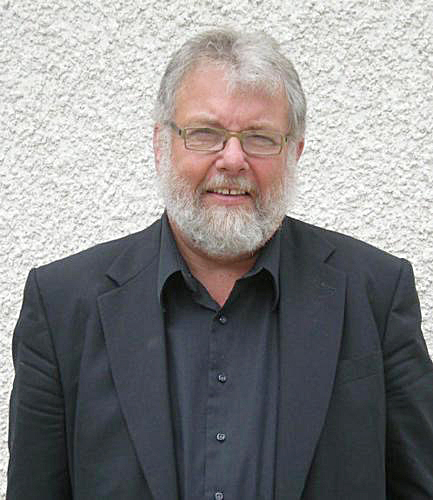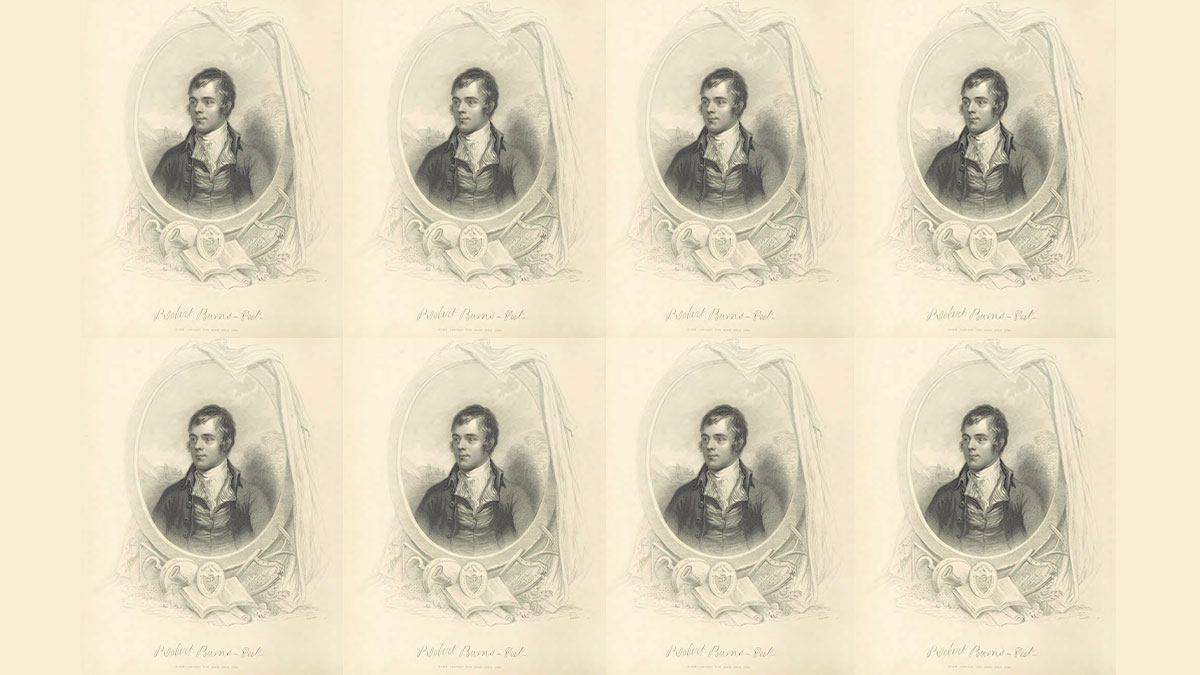
Reminiscences of a political life
January brings many things, but it ends with a proliferation of events around the world, within Scotland and within the global Scottish diaspora, celebrating the birth of Scotland’s Immortal Bard, Robert Burns, who was born 262 years ago on January 25th, 1759.
As a Canadian of Scottish heritage, whose paternal grandparents came to Canada from Glasgow just before World War One, I was always aware of the great affection felt by Scots for their famous poet and songwriter. After all, you might even say, as some have said, that he wrote the world’s international anthem, Auld Lang Syne. And excerpts from his poems are arguably part of the vernacular, from “the best laid plans of mice and men gang aft agley” to “O, would some power the gift to gie us, to see ourselves as other see us”.
Nevertheless, up until I got to Parliament, I was largely unaware of the social and political legacy of Burns. As a piper, I had piped in a haggis or two at various events, but I had never heard anything more than the Address to a Haggis. It wasn’t until I had the privilege of hearing Tommy Douglas give the Toast to the Immortal Memory, the traditional after dinner speech at a full Burns Supper, that I realized there was a lot more to Burns than I had previously appreciated. It was in 1981, at a Burns Supper organized by the NDP Caucus in a room adjoining the Parliamentary Dining Room.
The celebration of Burns is often dominated by stories of whisky*, haggis, and the poet’s complicated love life, which tend to de-politicize Burns, who was in fact very political. So much so that he had to rely on friends in high places in Edinburgh who appreciated his work to keep him from being sent into exile for his defence of the common man, his criticism of the rich and powerful, and his sympathy for the spirit of liberty that inspired the French Revolution. A sympathy that did not extend to Napoleon when he was planning to invade Britain. Burns then joined his local militia.
A full account of Burns must recognize that his real longevity, besides his songs, is related to the influence his egalitarian poetry and withering satire of the high and mighty, the wealthy, and the self-righteous in politics and in the church had on significant historical figures.
Abraham Lincoln knew many Burns poems by heart, recited them often, and kept a volume of his works at his bedside, alongside the Lincoln Bible that was used many years later at the swearing in of Barack Obama. A book published in 2008 by Southern Illinois University Press, entitled Abraham Lincoln and Robert Burns – Connected Lives and Legends, makes the claim that Lincoln’s immersion in Burns helped develop his egalitarian passions and the capacity for stirring rhetoric that helped Lincoln win the war and abolish slavery.
Keir Hardie, a Scot and the founding leader of the Labour Party in Britain, was inspired by Burns, and often quoted him in speeches. He is remembered as saying, “I owe more to Robert Burns than any other man alive or dead.” Not to mention the role that Burns has played in shaping the Scottish political ethos in general. A Scottish nationalist, Burns depicted the sellout of Scotland by its elites in his poem Parcel of Rogues in a Nation.
So, it wasn’t surprising that his ode to human equality, A Man’s a Man, was featured at the opening of the new Scottish Parliament in 1999.
Finally, and most important for Canadians, Robert Burns was an early and lasting influence on a young Scottish lad that came to Winnipeg with his family, first to Elmwood, and later to Point Douglas, where as a teenager he witnessed events related to the Winnipeg General Strike in 1919. A lad that went on to be a Baptist Minister, and to lead the first socialist government in North America, in Saskatchewan. A lad** who was to become known as the Father of Medicare, and to be voted the Greatest Canadian in 2004.
*Bill spells this word the Canadian and Scottish way! We know our whisky, unlike our American and Irish neighbours who drink whiskey! The “legal” spelling is whisky, without the e! –Ed.
** Of course, Bill is speaking of Tommy Douglas.
Bill Blaikie was a Member of Parliament from 1979 to 2008, representing Elmwood-Transcona.

